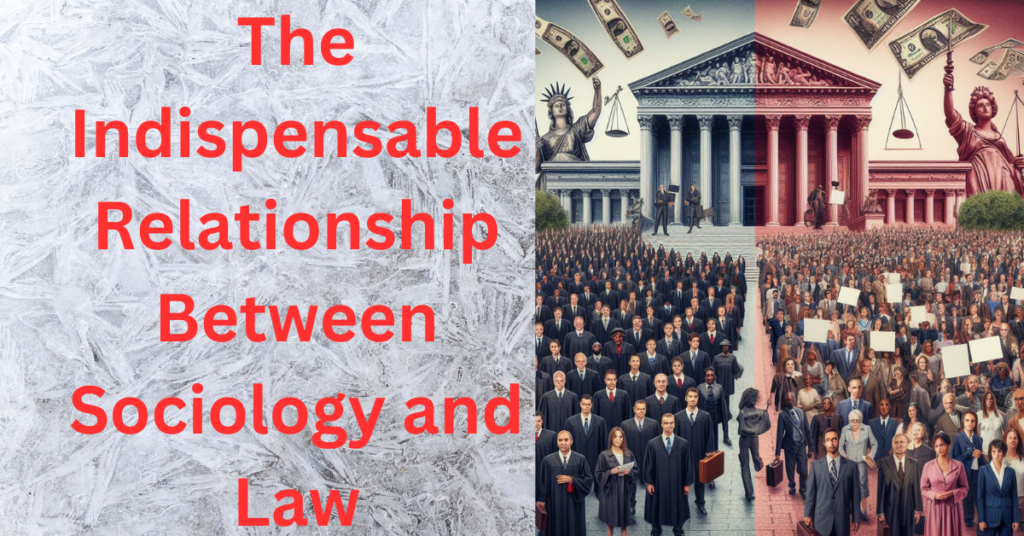Dr. Naseer Ahmad Lone
The Idea of Bangladesh has many traces among which the resentment against Linguistic and Cultural Differences, Political Marginalization, Economic Disparities, Operation Searchlight in East Pakistan by the then President Yahya Khan’s government of Islamic republic of Pakistan may be termed among the core factors.26 March 1971 marked the birth year of Bangladesh terming Sheikh Mujeeb- Ur- Rehman as the father of Bangladesh and the first Prime Minister from 1971 to 1975.His daughter Ms. Hasina, who was then 28, happened to be abroad when almost all members of her family, including her father Sheikh Mujibur Rahman, were killed at their residence in Dhaka by a group of Army personnel. She then spent six years in exile in India. In the late 1980s and early 1990s, she remobilized the Awami League (AL), Mujib’s party, which played a crucial role in bringing down the military dictatorship of Muhammad Ershad in 1990. Six years later, the AL, under her leadership, defeated the Bangladesh Nationalist Party (BNP) of Khaleda Zia, and Ms. Hasina became the Prime Minister for the first time. She returned to power after an interregnum in 2009.

Bangladesh had experienced remarkable economic growth and development over recent years but also faced a complex array of crises that threaten its socio-economic stability and political integrity which are core for the peace and progress of a state. Starting from the Political Crises which is considered as the most significant challenges in Bangladesh is the issue of authoritarian governance. The Sheikh Hasina government has been criticized for its authoritarian tendencies, which include suppressing opposition voices, curtailing freedom of expression, and employing legal and extra-legal measures to stifle dissent. Allegations of vote-rigging, voter intimidation, and an uneven playing field have tainted recent elections, eroding public trust in the electoral process. This erosion of democratic norms has undermined the legitimacy of the government and contributed to widespread disillusionment among the populace regarding rampant corruption and weak institutions. Corruption permeates various levels of government and administration, hampering effective governance and public service delivery. The dominance of the executive branch over the judiciary and law enforcement agencies has weakened checks and balances, fostering a culture of impunity. This environment of unchecked power further exacerbates governance issues and undermines the rule of law.
Although despite significant economic growth, Bangladesh grappled with substantial income inequality and persistent poverty. The benefits of economic development have not been evenly distributed, leaving large segments of the population in poverty. The economy struggles to create sufficient quality jobs for its rapidly growing workforce, leading to high unemployment and underemployment rates. This economic disparity is also considered as a source of social tension and unrest. The Increasing inflation rates have eroded the purchasing power of ordinary citizens, making it difficult for many to afford basic necessities. The rising cost of living, particularly for essentials such as food and housing, has exacerbated economic hardships for the lower and middle classes. This economic strain has significant implications for social stability and overall well-being.
Social Crises regarding Human rights violations are a pervasive issue in Bangladesh. Reports of extrajudicial killings, enforced disappearances, and other forms of state-sponsored violence by law enforcement agencies have raised serious human rights concerns. The suppression of press freedom further exacerbated the situation. Journalists and media outlets faced harassment, censorship, and violence, limiting public access to unbiased information and stifling critical discourse. Social unrest and polarization are fuelled by deep political divisions between major parties, particularly the Awami League and the Bangladesh Nationalist Party (BNP). This polarization contributes to social instability and hinders efforts to achieve national unity. Additionally, religious and ethnic tensions, exemplified by the discrimination and violence faced by minority communities, including the Rohingya refugees, further strain the social fabric of the nation.
Apart from the above quoted issues, Bangladesh is highly vulnerable to the impacts of climate change and natural disasters. Rising sea levels, cyclones, and flooding threaten livelihoods and food security, posing significant risks to the country’s future. Rapid urbanization and industrialization have led to environmental degradation, including deforestation, air and water pollution, and loss of biodiversity. These environmental challenges exacerbate the vulnerabilities of already marginalized communities and require urgent attention and action.
The Rohingya refugee crisis represents a significant humanitarian challenge for Bangladesh. Since 2017, the country has been hosting over a million Rohingya refugees fleeing persecution in Myanmar. This crisis strains local resources and infrastructure, creating socio-economic pressures and posing long-term challenges for integration and resource management. Managing the Rohingya crisis necessitates delicate diplomacy with Myanmar and the international community to find sustainable solutions.
Geopolitical pressures also play a crucial role in Bangladesh’s crises. The country’s strategic location between India and China brings geopolitical complexities, requiring careful navigation of diplomatic relations to maintain regional stability and economic cooperation. Balancing these relationships is essential for Bangladesh’s continued development and security. The crises in any state are always multifaceted and deeply interconnected, involving political, economic, social, environmental, and international dimensions. Addressing these challenges requires comprehensive and sustained efforts, including strengthening democratic institutions, promoting inclusive economic growth, protecting human rights, and enhancing resilience to environmental challenges and many more. Likewise Effective governance, transparency, and cooperation with international partners are crucial to overcoming these crises and ensuring a stable and prosperous future for Bangladesh. The path forward demands concerted action and commitment from all stakeholders to build a resilient and equitable society.
The views and opinions expressed by the author/s in this article are their personal opinions and do not represent the views of PureSociology. You can contact the author/s at [email protected]. The details of the author/s is/are:
Dr. Naseer Ahmad Lone is an Assistant Professor in the Department of Legal Studies at Chandigarh University.


